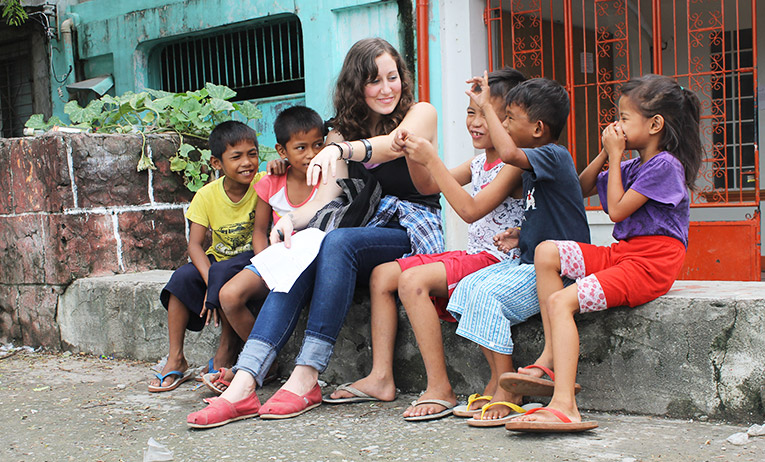Introduction
Traveling with purpose goes beyond sightseeing and leisure. It involves engaging in meaningful volunteer work and community service while exploring new destinations. This approach to travel not only benefits the communities visited but also enriches travelers’ experiences and fosters a deeper connection with the world. This article explores the concept of purposeful travel, examining its benefits, challenges, and how travelers can effectively integrate community service into their journeys.
1. The Concept of Purposeful Travel
a. Definition and Motivation
- Purposeful Travel: Also known as volunteer tourism or “voluntourism,” this type of travel combines traditional tourism with volunteering activities. The goal is to make a positive impact on the host community while also gaining personal growth and cultural insights.
- Motivations for Travelers: Travelers are increasingly seeking ways to contribute meaningfully to the destinations they visit. Motivations include a desire to give back, learn about local cultures, and address global challenges such as poverty and environmental sustainability.
b. Types of Volunteer Opportunities
- Community Development Projects: These projects often involve working on infrastructure improvements, education programs, and health initiatives. Volunteers may help build schools, teach English, or support local healthcare services.
- Environmental Conservation: Volunteers can participate in efforts to protect natural habitats, wildlife, and ecosystems. Activities might include reforestation, wildlife monitoring, and beach clean-ups.
- Cultural Exchange Programs: These programs focus on cultural immersion and exchange. Volunteers may assist with local festivals, arts projects, or community events that promote cultural understanding.
2. Benefits of Volunteering While Traveling
a. Impact on Local Communities
- Direct Contributions: Volunteer work can provide valuable support and resources to communities in need. Projects can address immediate needs such as building infrastructure or providing medical care.
- Long-Term Benefits: Effective volunteer programs can lead to long-term improvements in community well-being, such as enhanced educational opportunities, better health outcomes, and sustainable environmental practices.
b. Enriching the Traveler’s Experience
- Cultural Immersion: Engaging in local community projects allows travelers to immerse themselves in the culture, traditions, and daily life of the host community, leading to a more authentic travel experience.
- Personal Growth: Volunteering can foster personal development by challenging travelers to adapt to new environments, develop problem-solving skills, and build cross-cultural relationships.
3. Challenges and Considerations
a. Ensuring Effective and Ethical Volunteering
- Avoiding “Volunteer Tourism” Pitfalls: It’s important to distinguish between genuine, impactful volunteer work and programs that may exploit local communities or provide superficial benefits. Travelers should research organizations carefully and prioritize projects that have a sustainable and positive impact.
- Cultural Sensitivity: Volunteers must approach their work with respect and sensitivity to local customs and practices. Understanding and integrating into the local culture can enhance the effectiveness and acceptance of the volunteer work.
b. Balancing Volunteer Work with Travel Experience
- Time Management: Balancing volunteering with traditional travel activities requires careful planning. Travelers should allocate time for both community service and exploration to maximize their experience and contributions.
- Health and Safety: Travelers must consider health and safety aspects, including vaccinations, travel insurance, and adherence to local regulations, to ensure a safe and successful volunteer experience.
4. How to Get Involved
a. Finding Volunteer Opportunities
- Researching Organizations: Numerous organizations offer volunteer opportunities abroad. Travelers can find reputable programs through online platforms, non-profit organizations, and travel agencies specializing in volunteer tourism.
- Networking and Recommendations: Engaging with other travelers and volunteers can provide insights and recommendations for effective and meaningful volunteer programs.
b. Preparing for a Volunteer Trip
- Application and Training: Some programs require an application process and pre-trip training. Travelers should be prepared to meet any requirements and undergo training to ensure they are well-equipped for their volunteer work.
- Cultural Preparation: Learning about the host country’s culture, language, and customs can enhance the volunteer experience and foster positive interactions with the local community.

Conclusion
Traveling with purpose offers a unique way to explore the world while making a positive impact on communities. By integrating volunteer work into their travels, individuals can contribute to meaningful projects, gain deeper cultural insights, and experience personal growth. As interest in purposeful travel continues to grow, it is essential for travelers to approach their journeys with a commitment to ethical and effective volunteerism, ensuring that their contributions lead to lasting and positive change.









